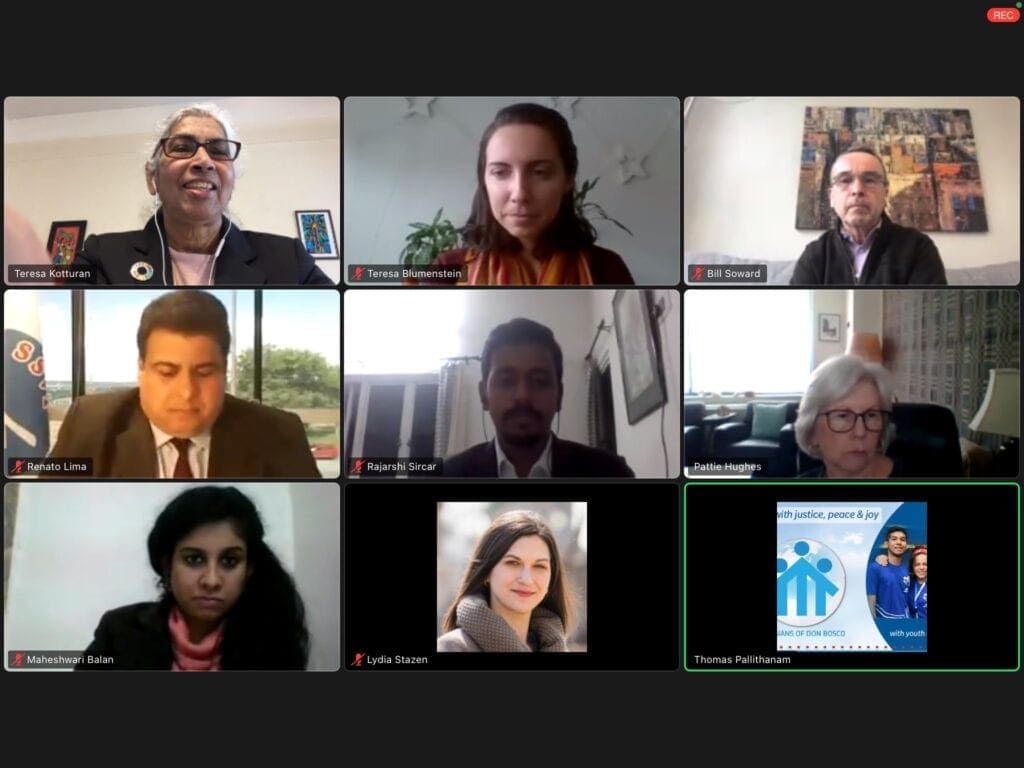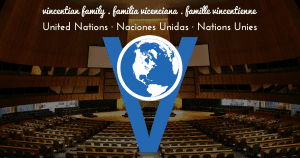The 59th Session of the UN Commission for Social Development was held from February 8-17, 2021. “Socially just transition towards sustainable development: the role of digital technologies on social development and wellbeing of all” was the theme of the commission. The concept, “socially just transition” can provide a vision and framework of principles, processes, and practices to guide the role of digital technologies in social development and well-being of all, and create a more compassionate, fair, and interconnected world.
During the COVID-19 pandemic, the use of digital technology has accelerated. It has enabled people to work remotely, to access healthcare, education, do banking and shopping, and access public information and engage in social interaction. It is playing a crucial role in keeping society functional. While digital technologies have the capacity to advance social progress and overcome inequalities, the pandemic has shone a light on the growing ‘digital divide.’ COVID-19 is reversing the decades-long fight against poverty, hunger, and inequalities. We could say, COVID-19 is not a leveler, but a revealer; it has magnified existing inequalities in all its dimensions – income, wealth, access to food, education, healthcare, water and sanitation, adequate housing, electricity, information and communication technology, social protection, and more. While 70 to 100 million people fell into extreme poverty and 265 million people went hungry every day, billionaires increased their wealth by 27 percent.
During the Commission, on February 9th, the Vincentian Family NGOs, along with the Institute of the Blessed Virgin Mary and the Salesian Missions held a side event on: Digital Technology at the Service of Ending Homelessness. According to UN Habitat, approximately, 150 million people are homeless, and their numbers are increasing as millions of unemployed are vulnerable to evictions. Another 1.6 billion experience inadequate housing.
In this event, we tried to explore how digital technologies are being used to provide early interventions and resources to people experiencing homelessness and those at risk of becoming homeless. And how mobile access can help to connect with family, friends, and case workers; improve health outcomes; gain employment; access social services; and offer a greater sense of empowerment and agency. Also, how technology is currently used for data collection on homelessness.
Our speakers for the event were: Bill Soward of Sheltertech, a non-profit in San Francisco area solving the biggest technology challenges faced by homeless persons; Maheshwari Balan, a data analyst, documentation and intervention planner for Don Bosco National Forum for the Young at Risk, India; Renato Lima de Olivera, International President of the Society of Saint Vincent de Paul; Lydia Stazen, Executive Director of the Institute for Global Homelessness; and Rajarshi Sircar, Resource Mobilizer and Fund Raiser for Loreto Rainbow Homes, Kolkota, India. They provided an array of best practices on how their organizations have employed technology to engage children with ongoing education, extracurricular activities, return missing and runaway children to their homes or provide secure shelters, providing a wide array of services to people experiencing street homelessness and how technology is used to track data on homelessness and create strategies to address homelessness globally.

The promise of social, political and financial inclusion can become a reality only when digital technologies are accessible to those left behind, especially people experiencing homelessness. Social justice and human rights should be at the heart of the digital transformation that is taking place today and to take up the clarion call given by the Secretary-General of the UN: “Leaving no one behind means, leaving no one offline.”
Those interested can watch the side event by clicking here. Access the recording with the following Passcode: o8YzE#qu
Teresa Kotturan SCN
NGO Representative at the UN
Sisters of Charity Federation






Excellent article, Teresa, on an increasingly important topic. Cell phones a necessity now for people in need to access services and get vital information, and “leave no one behind now means leave no one offline”